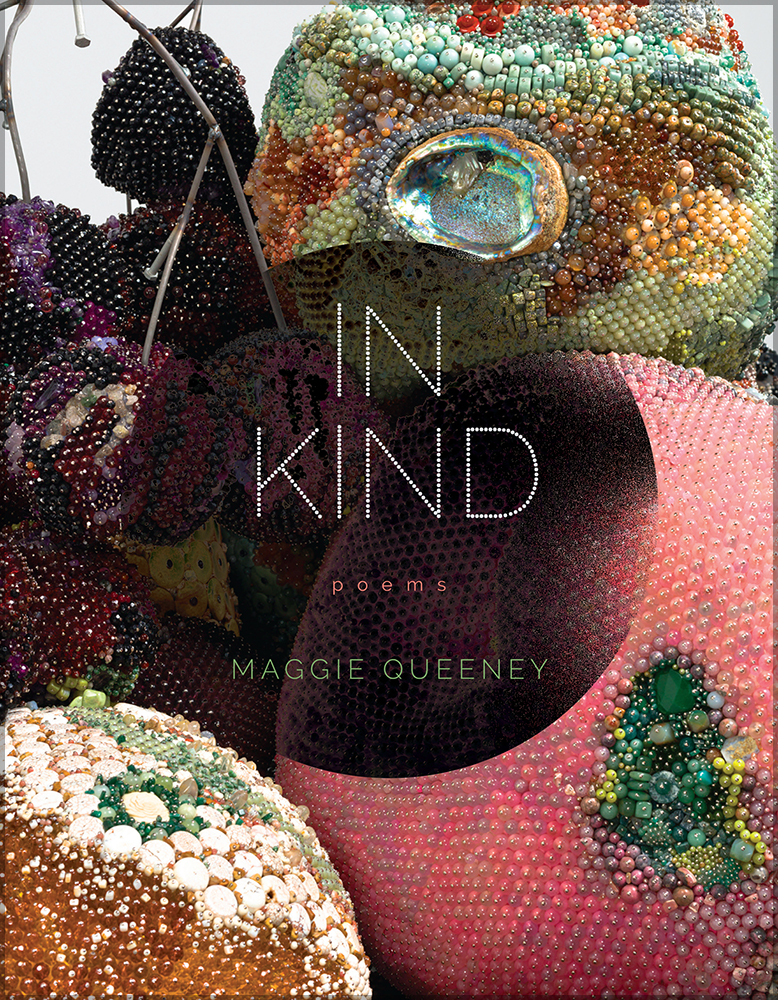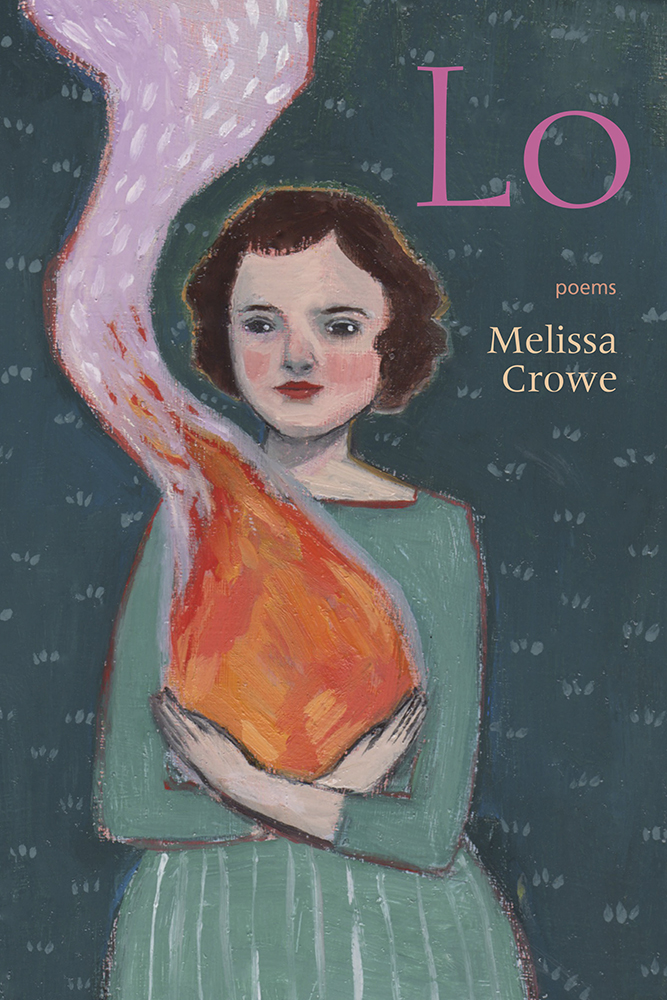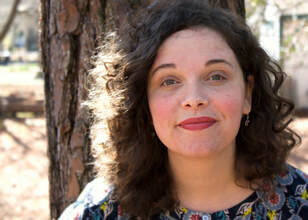
It now has its own blog where book bloggers can link up their own mailbox posts and share which books they bought or which they received for review from publishers, authors, and more.
Emma, Martha, and I also will share our picks from everyone’s links in the new feature Books that Caught Our Eye. We hope you’ll join us.
Here’s what I received from Gaithersburg Book Festival:
Disbound by Hajar Hussaini, one of the featured poets.
Red London by Alma Katsu, one of the featured presenters.
After her role in taking down a well-placed mole inside the CIA, Agent Lyndsey Duncan arrives in London fully focused on her newest Russian asset, deadly war criminal Dmitri Tarasenko. That is until her MI6 counterpart, Davis Ranford, personally calls for her help.
Following a suspicious attack on Russian oligarch Mikhail Rotenberg’s property in a tony part of London, Davis needs Lyndsey to cozy up to the billionaire’s aristocratic British wife, Emily Rotenberg. Fortunately for Lyndsey, there’s little to dissuade Emily from taking in a much-needed confidante. Even being one of the richest women in the world is no guarantee of happiness. But before Lyndsey can cover much ground with her newfound friend, the CIA unveils a perturbing connection between Mikhail and Russia’s geoplitical past, one that could upend the world order and jeopardize Lyndsey’s longtime allegiance to the Agency.
Red London is a sharp and nuanced race-against-the-clock story ripped from today’s headlines, a testament to author Alma Katsu’s thirty-five-year career in national security. It’s a rare spy novel written by an insider that feels as prescient as it is page-turning and utterly unforgettable.

Breaking the Blank is a spirited dialogue between poets—and a meditation on love, parenting, gentrification, money, and the literary life. In accessible free verse, haiku, sonnets, and other forms, Dwayne Lawson-Brown and Rebecca Bishophall honor the African American experience, make sacred the ordinary, and remind the reader of the marvelous in the everyday.
“Breaking the Blank is a contemporary treasure.” —Sistah Joy, Poet Laureate of Prince George’s County, Maryland
“Crisp, riveting, and often tender meditations on love, parenting, and—to paraphrase the title of a National Public Radio program—This African American Life.” —Reuben Jackson, author of fingering the keys and Scattered Clouds: New & Selected Poems
Rebecca Bishophall and Dwayne Lawson-Brown met each other as juniors in high school in the late 1990’s and have been literary colleagues, and friends, ever since. Rebecca Bishophall has featured at Spit Dat, Afrocentric Book Expo, and others, and works in member services for a non-profit organization. She graduated from Trinity University in 2006 with a major in Communications. Dwayne Lawson-Brown, aka the Crochet Kingpin, is co-host of Spit Dat, the longest running open mic in Washington, D.C. Their poems were recently published in 2022 Pride Poems, they co-authored the Helen Hayes nominated play, From Gumbo to Mumbo, and they are an editor of the literary magazine Bourgeon.
Alchemy of Yeast and Tears by Patricia Davis-Muffett, one of the featured poets.

Independent bookstore owner Sophie Bernstein is burned out on books. Mourning the death of her husband, the loss of her favorite manager, her only child’s lack of aspiration, and the grim state of the world, she fantasizes about going into hiding in the secret back room of her store.
Meanwhile, renowned poet Raymond Chaucer has published a new collection, and rumors that he’s to blame for his wife’s suicide have led to national cancellations of his publicity tour. He intends to set the record straight—with an ultra-fine-point Sharpie—but only one shop still plans to host him: Sophie’s.
Fearful of potential repercussions from angry customers, Sophie asks Clemi—bookstore events coordinator, aspiring novelist, and daughter of a famed literary agent—to cancel Raymond’s appearance. But Clemi suspects Raymond might be her biological father, and she can’t say no to the chance of finding out for sure.
This big-hearted screwball comedy features an intergenerational cast of oblivious authors and over-qualified booksellers—as well as a Russian tortoise named Kurt Vonnegut Jr.—and captures the endearing quirks of some of the best kinds of people: the ones who love good books.

When Maggie Banks arrives in Bell River to run her best friend’s struggling bookstore, she expects to sell bestsellers to her small-town clientele. But running a bookstore in a town with a famously bookish history isn’t easy. Bell River’s literary society insists on keeping the bookstore stuck in the past, and Maggie is banned from selling anything written this century. So, when a series of mishaps suddenly tip the bookstore toward ruin, Maggie will have to get creative to keep the shop afloat.
And in Maggie’s world, book rules are made to be broken.
To help save the store, Maggie starts an underground book club, running a series of events celebrating the books readers actually love. But keeping the club quiet, selling forbidden books, and dodging the literary society is nearly impossible. Especially when Maggie unearths a town secret that could upend everything.
Maggie will have to decide what’s more important: the books that formed a small town’s history, or the stories poised to change it all.
What did you receive?







 Elegies for an Empire by Le Hinton, a featured poet.
Elegies for an Empire by Le Hinton, a featured poet.

 About the Poet:
About the Poet:










